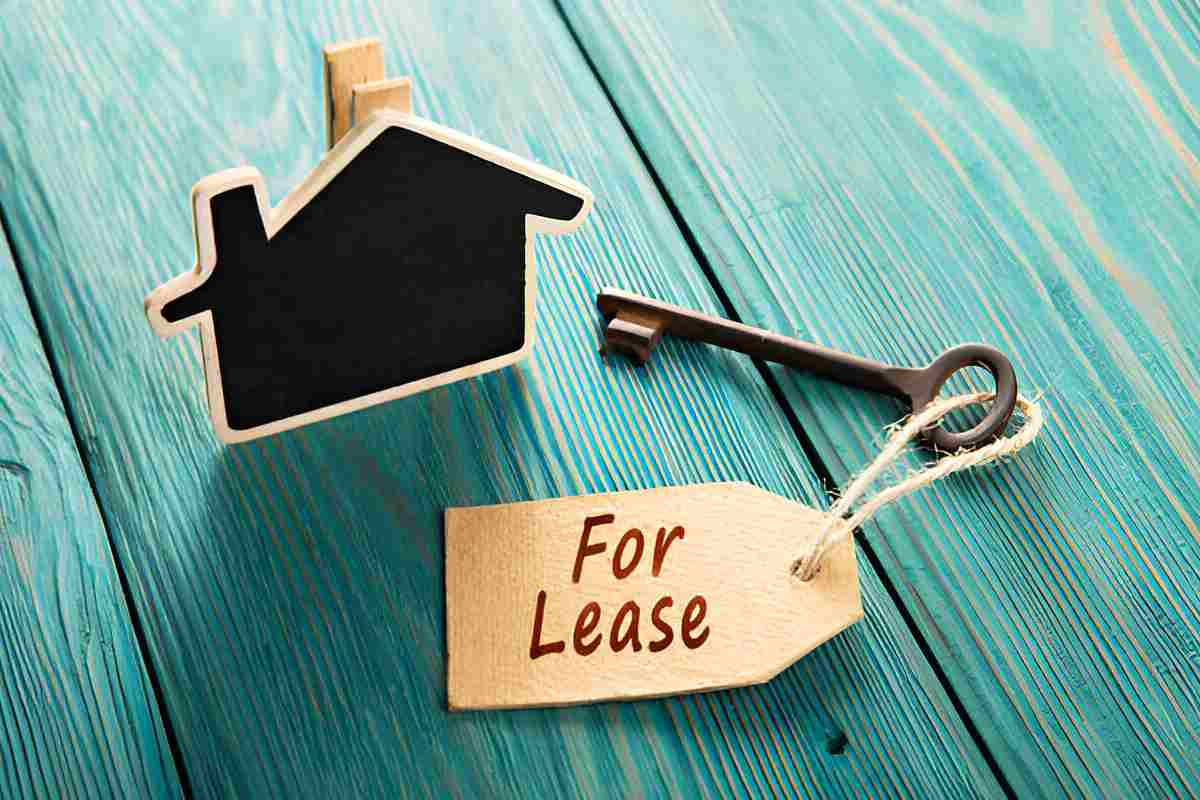Lease vs. Buy: Weighing the Decision to Lease a Home Instead of Purchasing

The question of whether to lease or buy a home is one that almost every adult faces at some point. Each option carries its own mix of financial, lifestyle, and long-term implications, and the “right” choice often depends on your personal circumstances. While some see homeownership as the ultimate goal, leasing provides flexibility that can be just as valuable depending on where you are in life.
Understanding the pros and cons of both paths makes it easier to align your housing decision with your financial reality and future goals.
Table of Contents
The Appeal of Leasing
Leasing is attractive for those who want freedom without the heavy commitment of ownership. It allows people to:
- Stay mobile – perfect for those whose jobs require relocation or who simply don’t want to be tied down.
- Avoid large upfront costs – instead of a hefty deposit, you pay a bond and regular rent.
- Skip ongoing maintenance – repairs and major fixes usually fall on the landlord.
For younger buyers or those unsure where they want to settle, leasing can feel like a smarter short-term option. It also protects against market downturns—renters aren’t exposed to falling property values.
The Case for Buying
On the other hand, buying a property remains a long-term wealth-building strategy. It provides:
- Equity growth – as you repay your mortgage, you build an asset that’s yours.
- Stability – no landlord can unexpectedly sell the property or raise your rent.
- Personalisation – you’re free to renovate, extend, or redesign to suit your taste.
Property ownership also delivers potential tax benefits and the ability to leverage equity later for renovations or investments. However, the entry costs—deposit, stamp duty, and legal fees—can be a hurdle.
Financial Considerations
The financial differences between leasing and buying are stark. Leasing usually costs less upfront, but rent doesn’t contribute to ownership. Buying is more expensive at the beginning, but repayments go towards building equity.
Mortgage repayments can sometimes be comparable to rent, especially in markets where housing prices are stabilising. Yet buyers must account for rates, insurance, and maintenance, which renters don’t face.
For those unsure about affordability, speaking with the best mortgage broker in Brisbane can help assess borrowing power and provide clarity about the real costs of ownership. Brokers can also advise on government incentives available to first-home buyers, which may make purchasing more attainable than it first appears.
Lifestyle Factors Beyond the Numbers
It isn’t just about money. Lifestyle plays a major role in the lease-versus-buy decision:
- Flexibility vs. permanence – renters can move quickly, while buyers commit to one location.
- Urban vs. suburban preferences – renters often find it easier to live closer to city centres where buying is out of reach.
- Family plans – ownership may be appealing to those starting families and seeking long-term stability.
Sometimes, the choice comes down to personal values—whether you prioritise mobility or security.
Risks and Downsides
Neither option is without risk. Renters may face rising costs over time and miss out on the long-term wealth benefits of property ownership. Buyers, meanwhile, may take on financial strain if interest rates rise or if their income changes unexpectedly.
There’s also the risk of buying at the wrong time in the property cycle. If prices dip, owners may feel “locked in” until values recover.
Finding a Middle Ground
For some, the best solution is to lease temporarily while saving a deposit, then buy once finances are stronger. Others may choose to buy a smaller property first, then upgrade later. There’s also the option of rentvesting—renting where you want to live and buying in a more affordable area as an investment.
These hybrid strategies can provide both flexibility and an entry point into the property market.
Making the Decision
There’s no one-size-fits-all answer to the lease versus buy debate. The right path depends on your financial health, career plans, lifestyle preferences, and long-term goals. What’s essential is making the decision with eyes wide open—knowing both the advantages and the trade-offs.
Leasing offers freedom, low upfront costs, and protection from market fluctuations. Buying offers equity, security, and the chance to create a home that’s truly yours.
By carefully considering both options—and seeking professional advice when needed—you can choose the path that fits not just your wallet, but also your way of living.
Also Read: The Quiet Work That Keeps Companies Running

